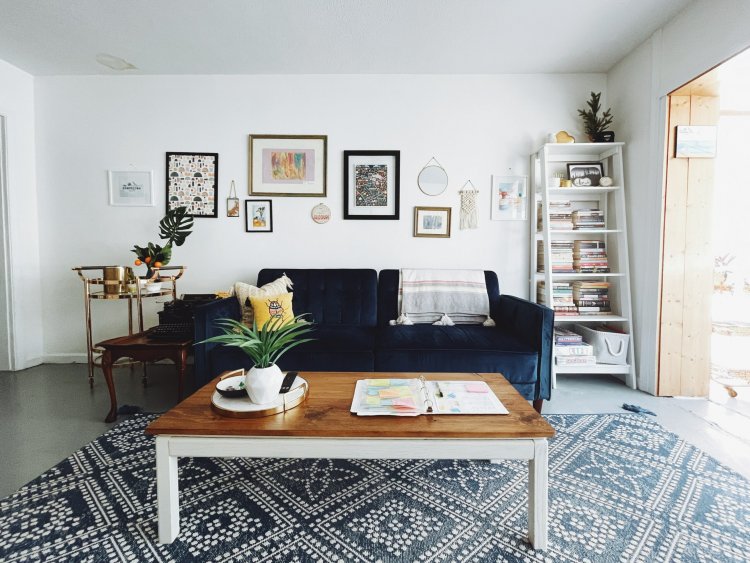10 Things to Take Note of When Operating an Airbnb
These guidelines are not exhaustive, and it's important to adapt them to your specific circumstances and local regulations.

Operating an Airbnb requires fulfilling certain requirements to ensure a safe and enjoyable experience for both hosts and guests. These requirements can vary depending on the location and local regulations, but there are some common aspects to consider when operating an Airbnb.
Here are some key guidelines to keep in mind:
1. Legal and Regulatory Compliance
Familiarize yourself with the local laws, regulations, and zoning restrictions that apply to short-term rentals in your area. Ensure that you have any necessary permits or licenses required by your local government.
2. Safety and Security
Prioritize the safety of your guests by maintaining a secure environment. Install smoke detectors, fire extinguishers, and carbon monoxide detectors. Regularly inspect and maintain essential safety features such as locks, windows, and electrical systems.
3. Accurate and Descriptive Listings
Provide accurate and detailed information about your property in your Airbnb listing. Include clear photos, amenities, house rules, and any limitations or restrictions that guests should be aware of.
4. Communication and Responsiveness
Promptly respond to guest inquiries, booking requests, and messages. Clear and timely communication helps build trust and ensures a positive experience for both you and your guests.
5. Cleanliness and Maintenance
Keep your property clean and well-maintained. Regularly inspect and address any issues that may arise. Provide fresh linens, towels, and essential amenities to ensure a comfortable stay for your guests.
6. House Rules
Establish clear house rules that align with your expectations and local regulations. Communicate these rules to your guests before their arrival and make them easily accessible during their stay.
7. Guest Screening
Consider implementing a guest screening process to ensure compatibility and safety. You can review guest profiles, read reviews from previous hosts, and communicate with potential guests before accepting their booking requests.
8. Pricing and Financial Considerations
Set competitive and fair prices for your listing based on factors such as location, amenities, and demand. Take into account any additional costs, such as cleaning fees or taxes, and clearly communicate them to guests.
9. Respect for Neighbors
Encourage your guests to be respectful of your neighbors' privacy and maintain a peaceful environment. Inform guests about any specific neighborhood rules or quiet hours they should adhere to.
10. Guest Feedback and Reviews
Encourage guests to provide feedback and reviews after their stay. Use this feedback to improve your hosting experience and address any areas that may need attention.
Remember, these guidelines are not exhaustive, and it's important to adapt them to your specific circumstances and local regulations. Always prioritize the safety, comfort, and satisfaction of your guests to ensure a positive hosting experience.
If you have a real estate press release or any other information that you would like featured on the African Real Estate Blog Post, do reach out to us via email at [email protected]
































